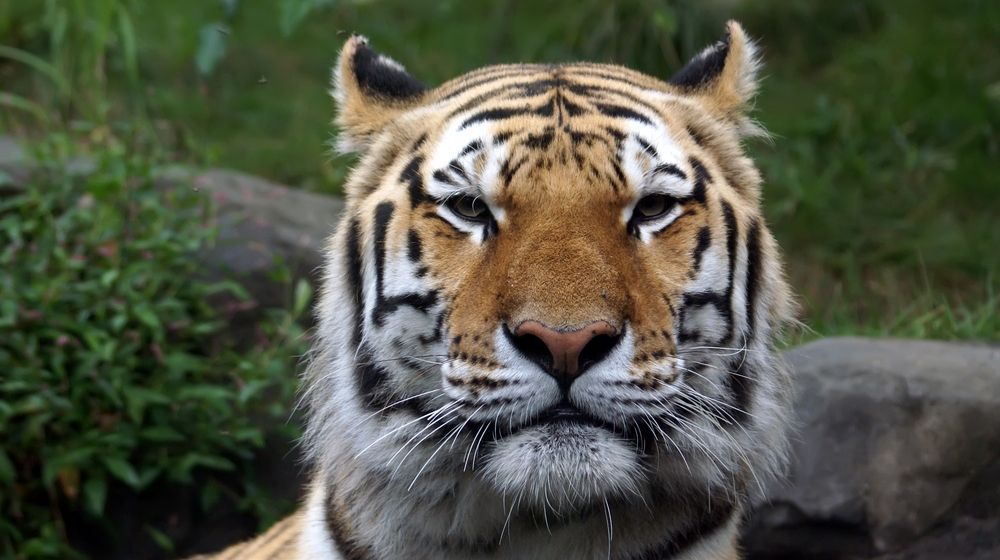Breaking News
Tiger at NY Bronx Zoo Tests Positive for COVID-19

BRONX NY, NEW YORK (WIAT) – The first animal in the United States has tested a positive for the novel coronavirus, a tiger at the Bronx Zool.
Nadia, a 4-year-old female Malayan tiger at the Bronx Zoo, has tested positive for COVID-19. She, her sister Azul, two Amur tigers, and three African lions had developed a dry cough and all are expected to recover.
This positive COVID-19 test for the tiger was confirmed by USDA's National Veterinary Services Laboratory, based in Ames, Iowa.
The zoo tested the cat out of an abundance of caution and will ensure any knowledge they gain about COVID-19 will contribute to the world's continuing understanding of this novel coronavirus.
PLEASE TAKE CARE OF YOUR PETS #Coronavirus
The big cat is the 1st known case of a non-domesticated animal with COVID-19 symptom & is one of 7 sick tigers at the NY zoo.
"Tiger Tests Positive for Coronavirus at Bronx Zoo, First Known Case in the World"https://t.co/LOASGNfr0T
— Lisa Shannon (@Lmadame1) April 6, 2020
Though they have experienced some decrease in appetite, the cats at the Bronx Zoo are otherwise doing well under veterinary care and are bright, alert, and interactive with their keepers. It is not known how this disease will develop in big cats since different species can react differently to novel infections, but the zoo will continue to monitor them closely and anticipate full recoveries.
The four affected tigers live in the zoo's Tiger Mountain exhibit. One male Amur tiger that also lives at Tiger Mountain has not exhibited any clinical signs, and a Malayan tiger and two Amur tigers at the zoo's Wild Asia exhibit have also not exhibited any clinical signs.
None of the zoo's snow leopards, cheetahs, clouded leopard, Amur leopard, puma or serval are showing any signs of illness. The cats were infected by a person caring for them who was asymptomatically infected with the virus or before that person developed symptoms. Appropriate preventive measures are now in place for all staff who are caring for them, and the other cats in the four WCS zoos, to prevent further exposure of any other zoo cats.
The Bronx Zoo and aquarium has been temporarily closed to the public since March 16.
————













1 Comment
Poor big cats. They are just so beautiful. They are experiencing a decrease in appetite b/c they cannot use their sense of smell as much as before to identify food. If a cat can’t smell something, they usually won’t eat it at all.